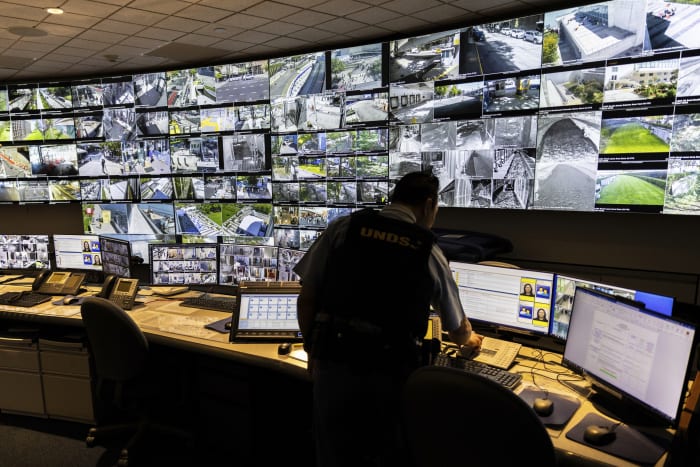
TANZANIA – In a world riddled with conflicts and crises, leaders convening at the annual U.N. gathering this week are facing a crucial challenge: to collaborate not only on pressing issues but also on rejuvenating international institutions created post-World War II to effectively address future threats and challenges.
U.N. Secretary-General Antonio Guterres called for this challenge a year ago, emphasizing the urgency of a global summit to recommit to multilateralism – the cornerstone of the United Nations and other global organizations – and to revamp the outdated global structure to adapt to the fast-changing world.
The summit addresses the escalating geopolitical divisions, conflicts, climate change, inequalities, debt, and emerging technologies like artificial intelligence that lack proper regulations.
The two-day summit kicks off on Sunday, setting the stage for the high-level meeting of global leaders at the U.N. headquarters in New York City.
The atmosphere at the summit indicates a push for increased international cooperation and consensus to address ongoing conflicts worldwide and pave the way for a more secure future.
Key topics at the summit include the crises in Gaza, Ukraine, Sudan, and the looming possibility of a broader Middle East conflict, making it a critical junction for leaders to demonstrate their commitment to global peace and stability.
The engagements at the U.N. this week present a crucial opportunity for world leaders to collaborate and confront the myriad challenges faced by humanity.
Stay tuned for more updates as this pivotal week unfolds at the U.N. headquarters in New York.
Copyright 2024 The Associated Press. All rights reserved. This material may not be published, broadcast, rewritten, or redistributed without permission.






